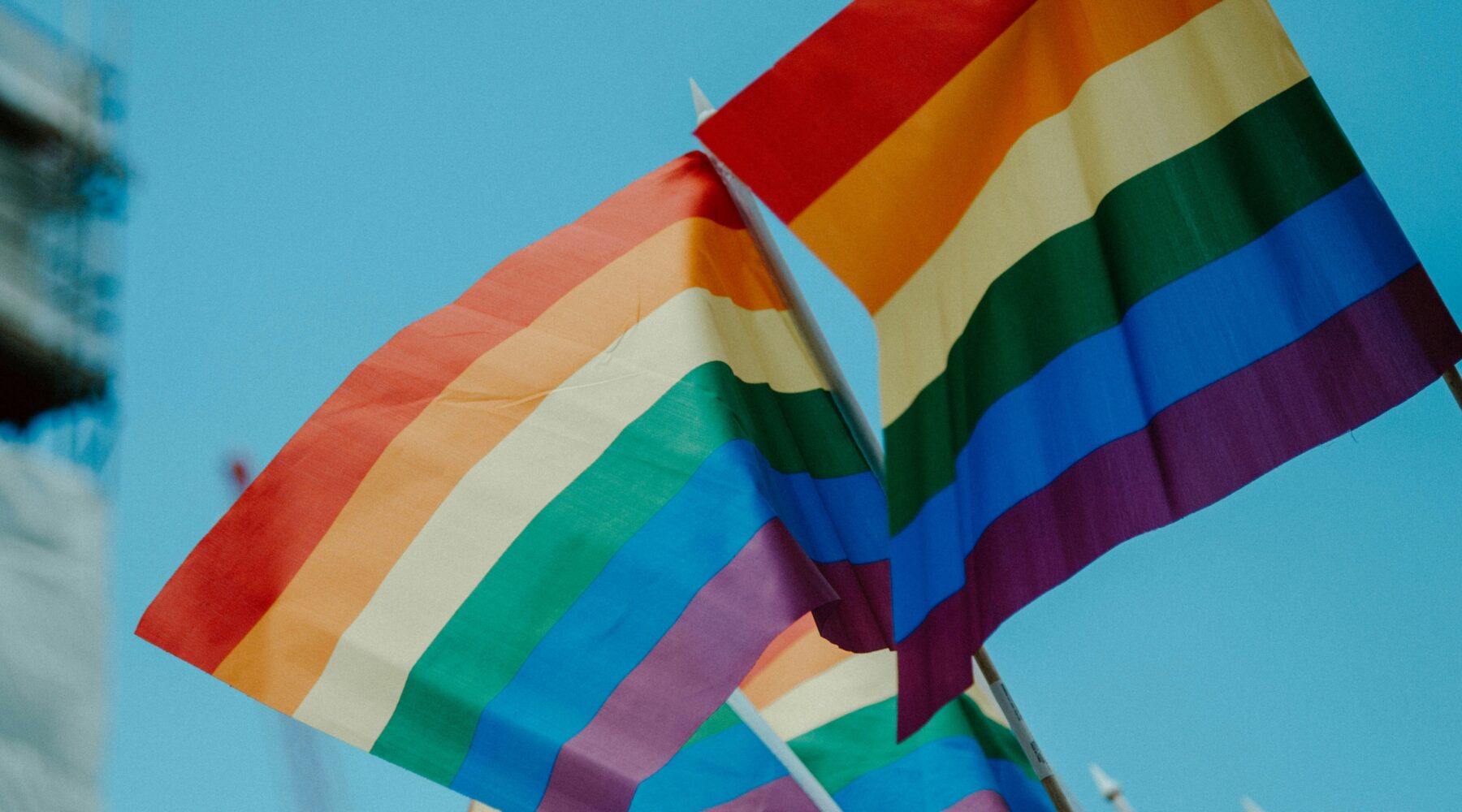


Oral Statement
24 April 2019 – 14 May 2019, Sharm El-Sheikh, Egypt
This statement is supported by the Humanist Association of Nigeria.
In his Intersession Activity Report to this session, the Special Rapporteur on Freedom of Expression and Access to Information argues that “Article 9 of the African Charter should grow with the times and be interpreted in the light of present day conditions, what is referred to as the ‘living instrument’ doctrine.” And that, “Clearly, any interpretation must stay faithful to the ‘original and inherent logic and purpose’ of the standards established in Article 9. At the same time, though, arising interpretation must reflect and respond to changing international legal frameworks and ambient societal situations.”1
We argue that one of those ambient societal situations that requires an evolution in the focus of the right to free expression (and accompanying rights) is the right of LGBTI people, to seek, receive, and impart information on all issues relating to sexual orientation and gender identity.
Numerous international mechanisms have already made this link clear. The UN Human Rights Committee has explicitly stated that the right to free expression protects the right to publicly “give expression to […] sexual identity and seek […] understanding for it.”2 The UN High Commissioner on Human Rights has recommended that States “ensure that individuals can exercise their rights to freedom of expression, association and peaceful assembly in safety without discrimination on grounds of sexual orientation and gender identity.”3
In addition, Article 28 of the Charter calls on every individual “to respect and consider his fellow beings without discrimination, and to maintain relations aimed at promoting, safeguarding and reinforcing mutual respect and tolerance.”
Yet, there are states who claim to observe their duties on free expression under Article 9 of the Charter whilst denying the right to expression for their LGBTI citizens.
Indeed, too often we see the suppression of free expression for those seeking to express their sexuality and seeking to defend the equality and human rights of LGBTI people, but complete freedom for those inciting discrimination, hate and violence against them.
Same-sex conduct remains criminalised in many countries, who defend it on the grounds of protecting “African values.” At the UN, for example, Nigerian state representatives have baselessly argued that the rights of LGBTI persons are antithetical to the religious and cultural values of the country; whilst at home refusing to recognise multiple forms of families and non-traditional relations.
Despite Resolution 275 being seminal for the continent by embodying an important rejection of the claims that LGBTI rights are somehow incompatible with “African culture,” it was a coalition of 53 African states led by Botswana who, two years later, attempted to overturn the mandate of the newly appointed UN independent expert charged with investigating violence and discrimination based on sexual orientation and gender identity.
Unlike many of their governments, Humanists International members across the continent hold values that do not reject equality for all, that do not accept hate speech from government officials against LGBTI people, and that do not discriminate against people on the grounds of whom they love.
As African humanists, our members value freedom of expression and equality as foundational rights, whose realisation is essential for the enjoyment and protection of all human rights and all humans. And they refuse to let state representatives monopolise the definition of African values in order to undermine the freedom of expression for all citizens whatever the sexual orientation or gender identity.
We would really welcome the Special Rapporteur’s thoughts on this issue.
Overall:
Featured image by Daniel James on Unsplash.